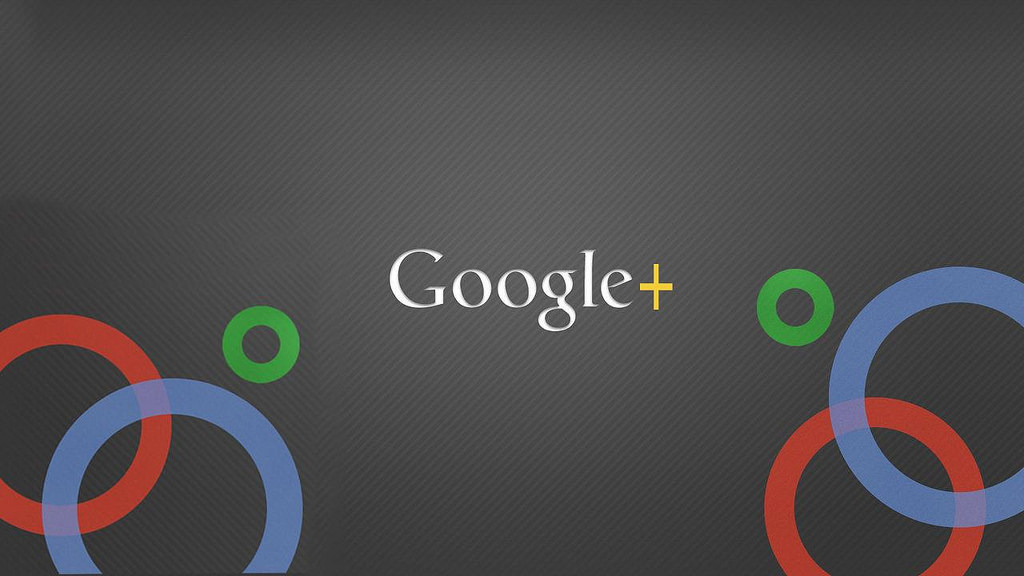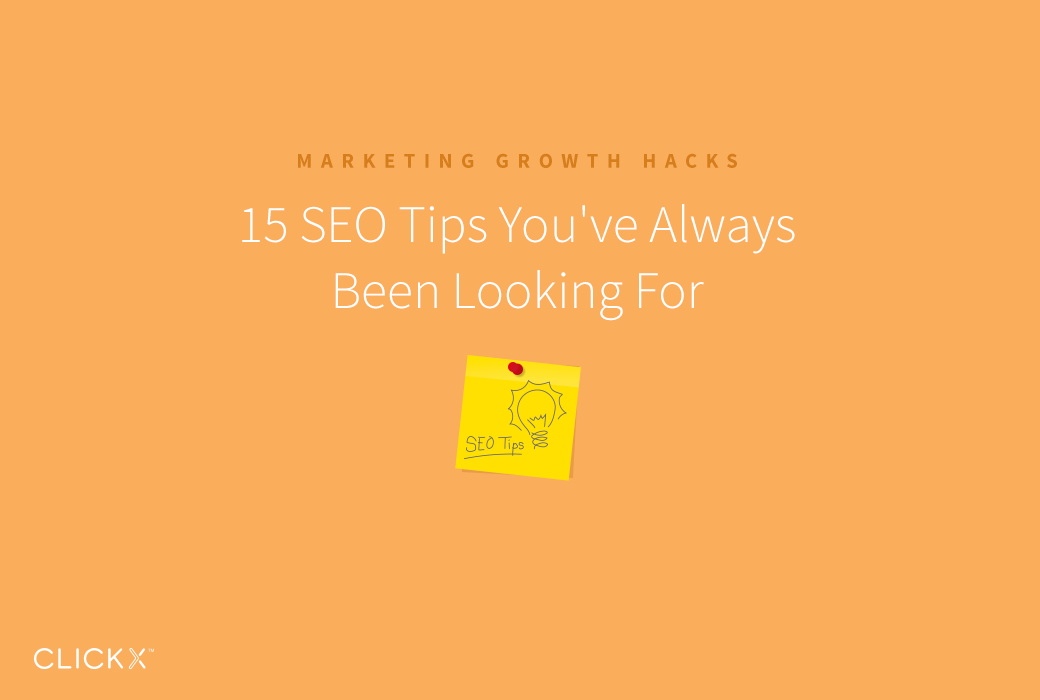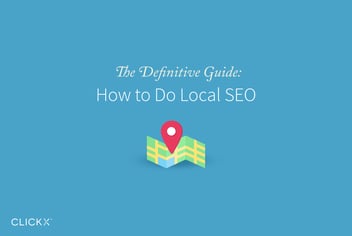15 SEO Tips You’ve Always Been Looking For
SEO, or search engine optimization, is more than just an element of great marketing. It is how users can find you, how you can stand out in a saturated search engine and how your business can stay competitive. If you’ve got a fantastic website, but you haven’t invested in the right SEO, then you could be missing out on thousands of extra unique views as well as potential conversions. Right now, 93 percent of online experiences begin with a search engine. Let that work to your benefit, and make the most of these 15 SEO tips you’ve been looking for.
1. Don’t Change Your Domain Name
Websites who are frustrated with their traffic numbers often decide to change their domain name to be more appealing. Unfortunately, that can be a disaster that only backfires and achieves the opposite result. Part of your site’s ranking on search engines has to do with the age of your domain name, with a longer history being most desirable. Changing your domain frequently only sets you back in the rankings.
2. SEO Isn’t Instant – So Start Right Now!

One of the most important tips any digital marketing professional should be aware of is the lag that takes place between the time that you begin using SEO practices and when they actually begin to take effect. If you upgrade an older website, for instance, and begin adding in relevant keywords, meta tags and headers, that information won’t boost your page’s ratings right away. That process can take weeks and even months, in some cases, to become beneficial. For that reason, it is never too soon to start integrating SEO into your marketing plan.
[Tweet “#SEO isn’t instant, that’s why you need to start right now! http://clickxstag23.wpengine.com/15-seo-tips-for-small-business/ via @clickxio”]
3. Hyperlink Specific Search Terms
Hyperlinks are links embedded right into the words on a page. In an article about your company, for example, you might include a few links to the sales page or the homepage of your website. Hyperlinks are always a great idea, but they shouldn’t be attributed to generic terms like “click here” or “this”. Instead, hyperlinks should be used for specific terms that relate to your business. If you sell widgets, hyperlink words related to that, such as “red widgets” or even “where to buy widgets”.
4. Keyword Stuffing is a Thing of the Past
In the early days of SEO, savvy marketing professionals tried to boost their rankings by stuffing their content with a high percentage of keywords. While this worked initially, algorithms have gotten more sophisticated, which means that keyword stuffing is no longer effective. Instead of using a unique keyword like “dating services for professionals” a dozen times in a 500-word article, limit it to once or twice for maximum success.

5. Links Are Currency – Spend Them to Receive Them
In the world of SEO, links are an incredibly valuable resource. The more links you have going to your website, the higher it ranks in search engines. Of course, other successful websites won’t want to offer links to your page out of the goodness of their hearts. It helps to create great content that deserves to be shared, of course, but marketing professionals should also create relationships. By linking more often to others, they are more likely to link back to you. The best links come from pages with high views and great reputations, such as those ending in .edu.
6. SEO Algorithms Change
A great tip for SEO is that the algorithms of search engines change regularly. Google, Bing and Yahoo may change their formulas, which can impact your page’s rankings. It is important to stay ahead of these changes, paying attention to any big shifts. For example, one recent iteration of Google’s algorithm favored pages with question keywords, since that is how so many modern users search.
7. Use Keywords to Caption Your Images
A picture can be worth a thousand words, particularly in SEO! If you have original images, make sure that they include keywords so that the images can be found in searches. This valuable metadata increases your rankings for specific phrases and can help bring more eyes to your website. Once an image is clicked on, users can navigate to your website with ease.
8. Beware Search Engine Penalties
A search engine penalty is when your page’s rank gets lowered based on a few actions or mistakes that paint your page as less than valuable to users. You could get a penalty for awkward keyword stuffing, thin or minimal content or a high bounce rate, which means that users leave your site quickly. Keep in mind that these penalties aren’t worth the minimal gains you could make in the short-term through unsavory SEO practices.
9. Embrace Google+
Google+ has a poor reputation among many marketers and online consumers. Although many people and businesses have Google+ accounts, as many as 90 percent of accounts have never created a post. However, having a Google+ page for your website could boost your rankings on Google, the most visited website in the world.

10. Find a Reliable and Effective Keyword Tool
Unless you have hundreds of millions to spend on online marketing, your business will likely never be able to rank as first for major keywords like “cars” or “real estate”. That’s why you need to rely on an effective keyword tool generator that can help you find more specific keywords to help you rank higher. For example, you could use tools like Semrush, Google Keyword Planner or Buzzsumo to find long-tail keywords like “best used cars in Austin” or “affordable real estate for sale in Texas”.
11. Go Beyond Google
Yes, over a billion people use Google as their primary search engine. Clearly, Google is the major player in the world of SEO. Despite that, however, marketing professionals should not ignore other search engines. Algorithms might be different for Bing or Yahoo, and there is plenty of potential there for PPC ads.
12. Use Links Between Pages to Keep Users on Your Website
Do you want an easy way to increase links to certain pages of your website? You should be including links between all of your pages in order to increase traffic and to keep users on your overall website. On your main or home page, include links to other parts of the site on a navigation bar, and don’t be afraid to hyperlink in content directly to your other relevant pages.

13. Include Contact Information on Every Page
In the digital world, including a physical address on every page might feel unnecessary. In reality, it can be a smart move that can help search engines rank you higher in certain geographic locations. If, for instance, your address is in Los Angeles, California, your business will rank higher among users from the area, who are likely your target demographic. Using small font and placing the address in an obscure location towards the bottom of the page is perfectly fine in this use.
14. Use Headers on Your Content Pages
HTML headers, which frame the headers of your articles as well as the subheaders in your content, are more than just an aesthetic addition. The headers appear as the most important content to search engines, and they can be used to classify your page. Therefore, make sure you use headers throughout the website, and include keywords right in the headers as often as possible.
15. SEO is Still Secondary to Content
Learning the best SEO practices is a fantastic way to enjoy better rankings on search engines, but it will always be secondary to great content. Great content, after all, is what keeps people on your page for longer as well as what encourages links and sharing. These are the factors that distinguish an adequate website from a truly great one.
Search engine optimization is an ongoing process, and there are constantly changing algorithms and best practices to improve rankings. These 15 tips, however, are a wonderful place to start.




